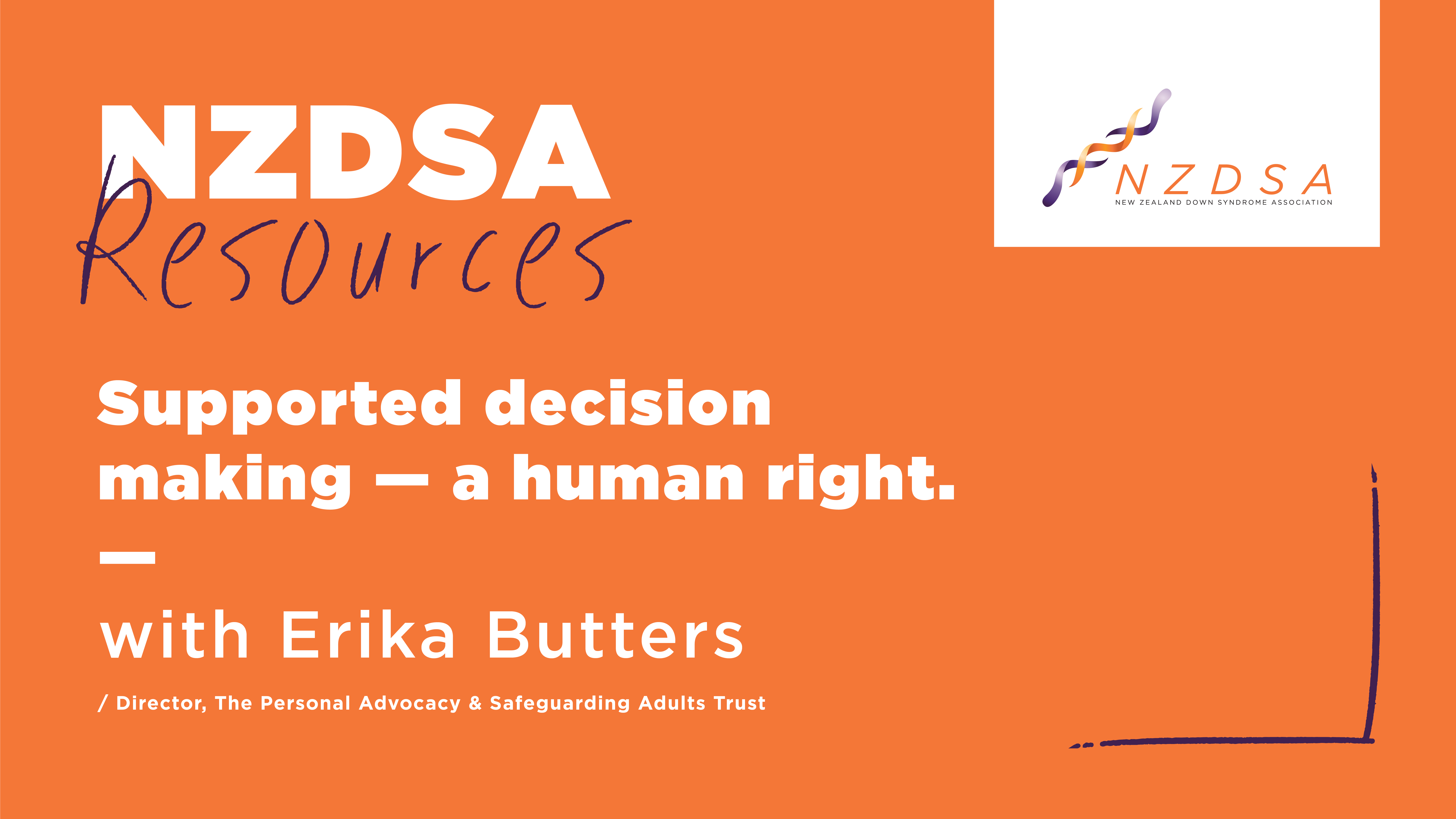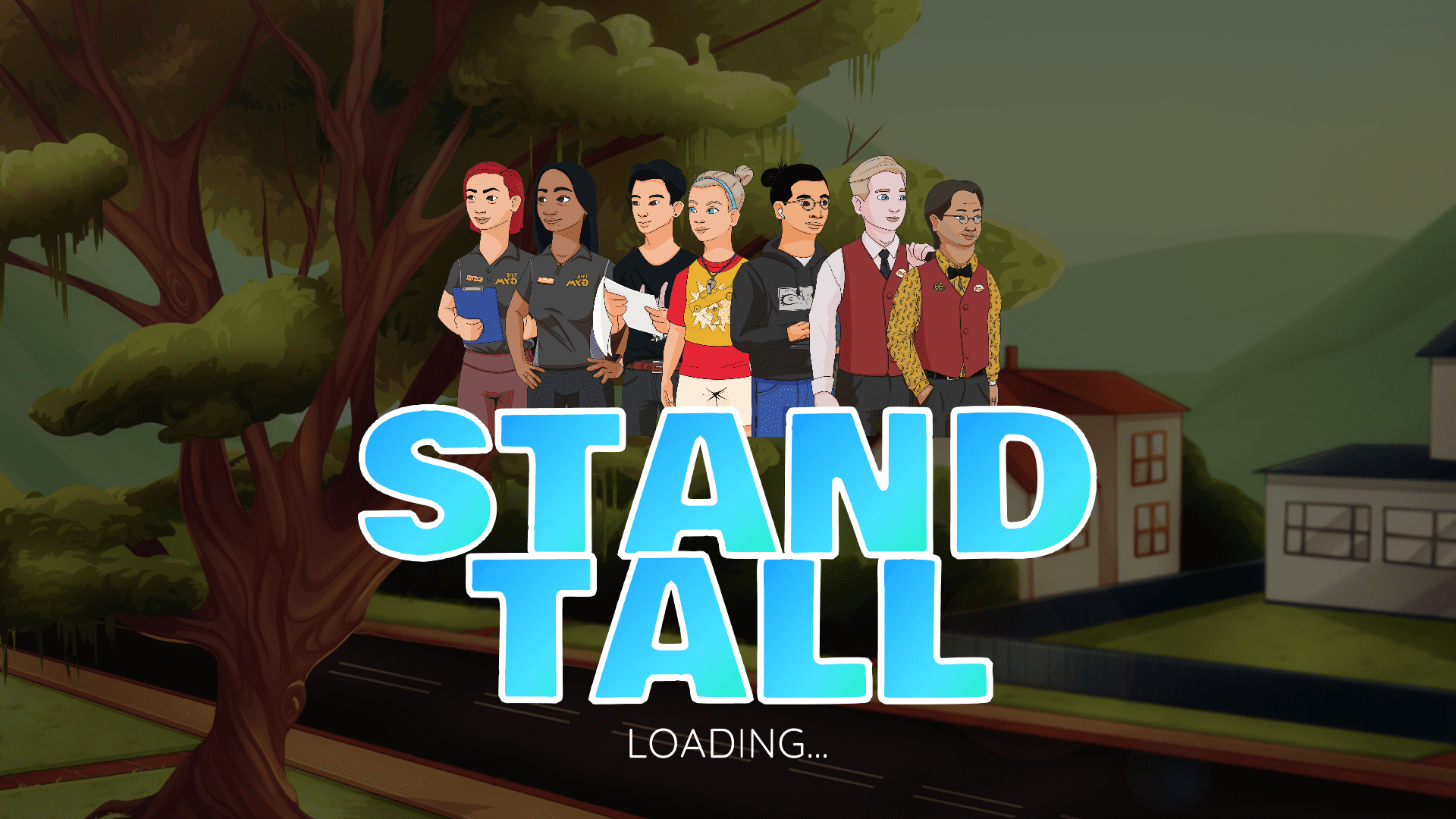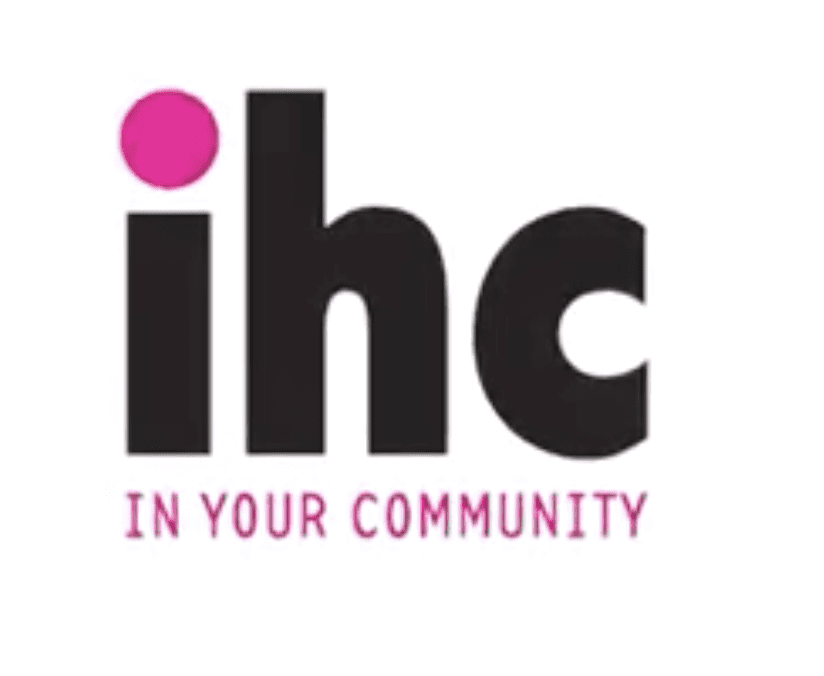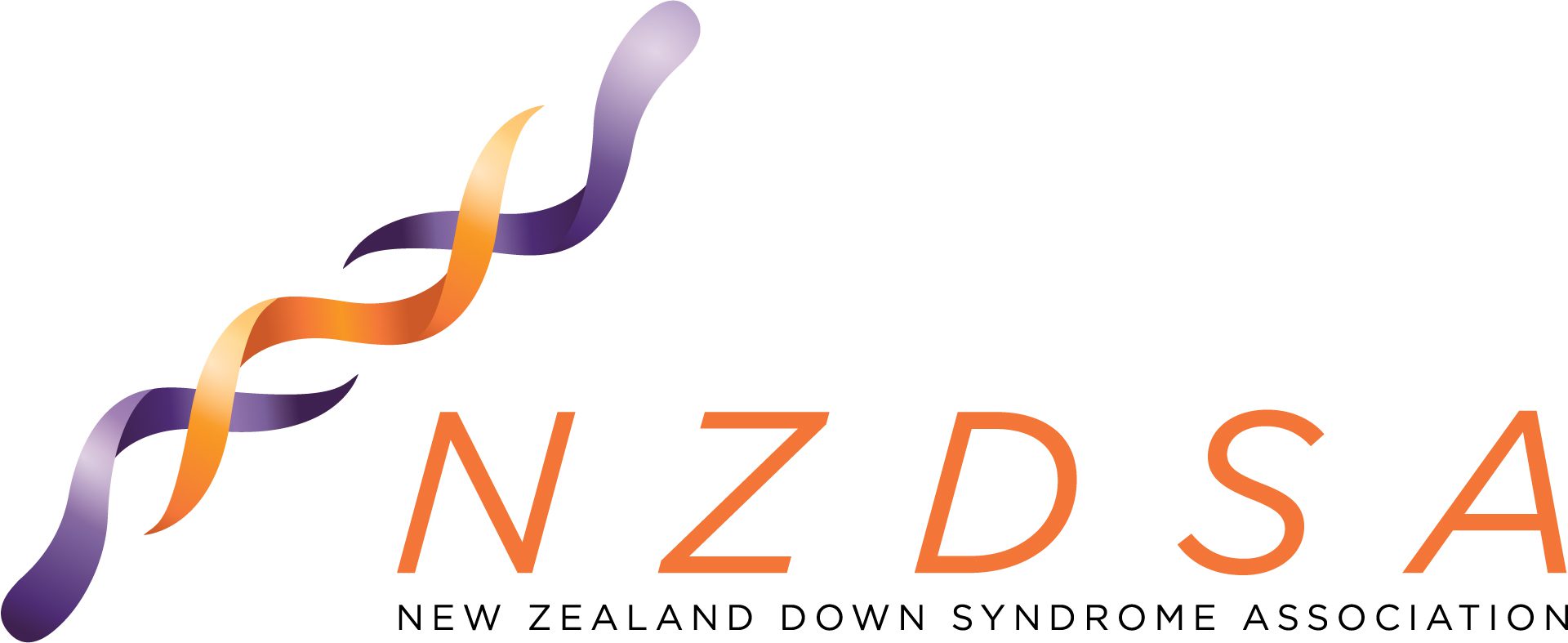


Money Game makes paying bills fun
STEP UP A group of people with Down syndrome who have shown an interest in self-advocacy and want to work their way into the STRIVE team. Home 9 Search query for: pati Stand up loud Talk about Empowering People with Down syndrome to have Universal Participation...
Good support for decision making
The IHC Advocacy team explains why the right to make your own decision is so vital to people with Down Syndrome. Being able to make our own decisions is a key part of how we all live our lives. From choosing between whether to have jam or Marmite on your toast, to...
